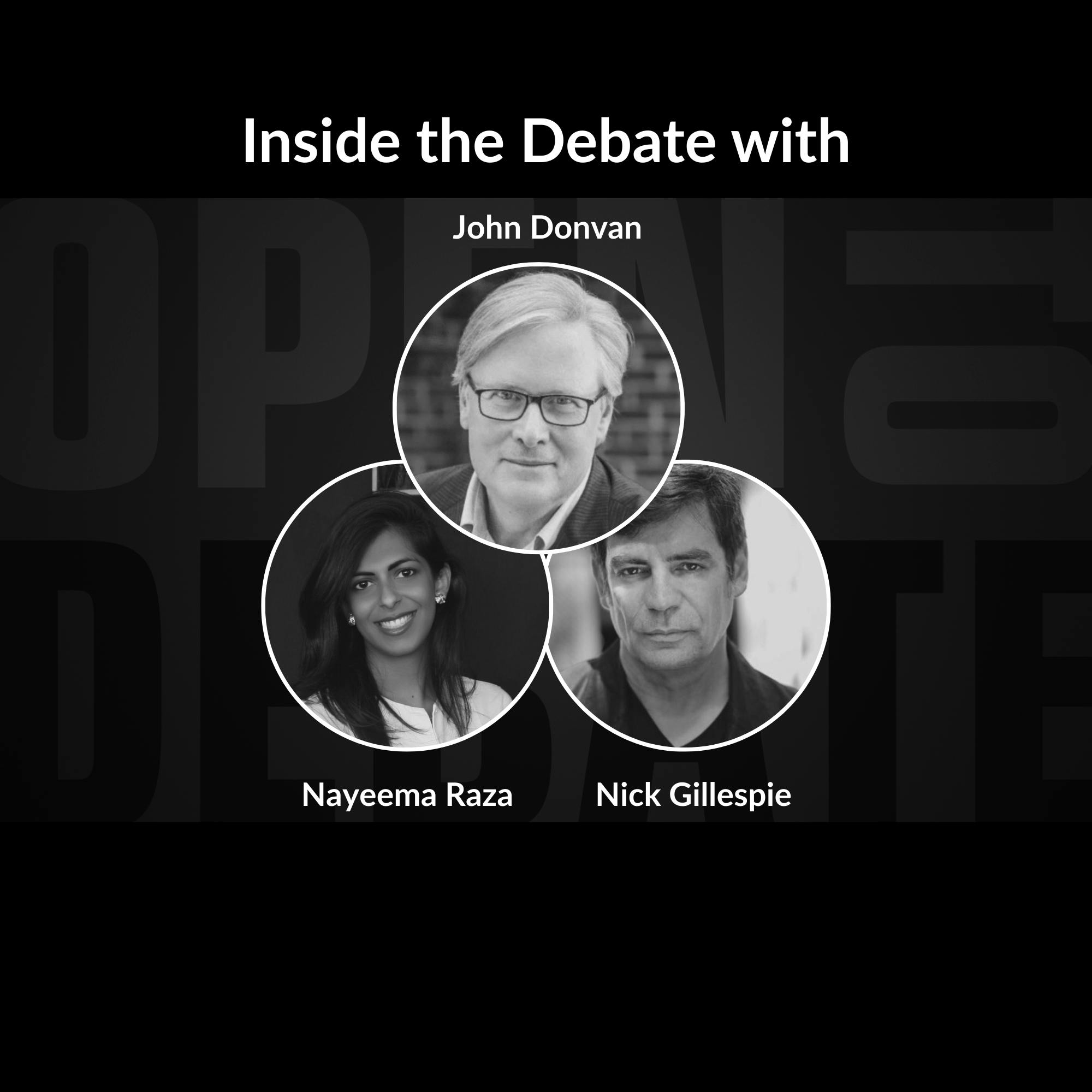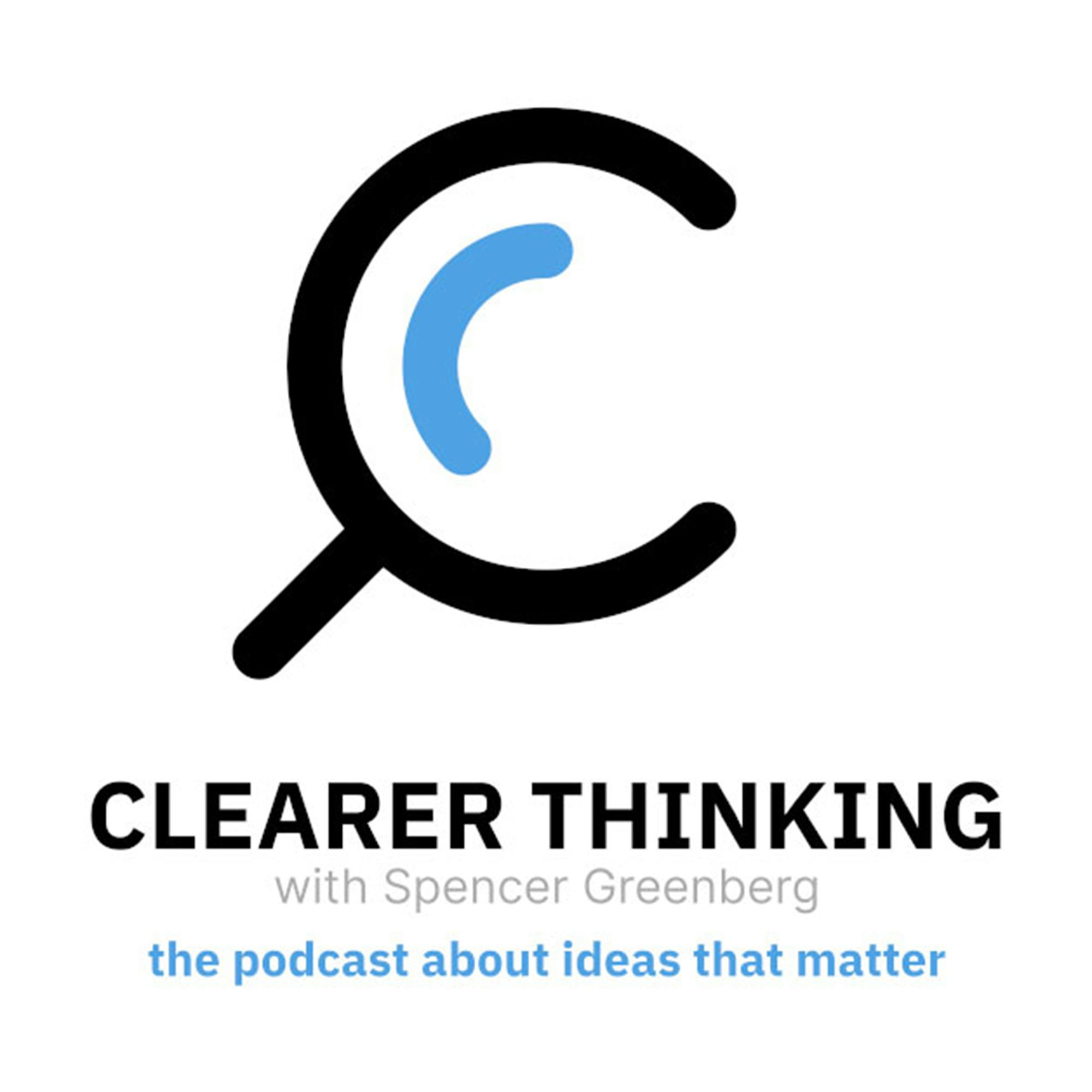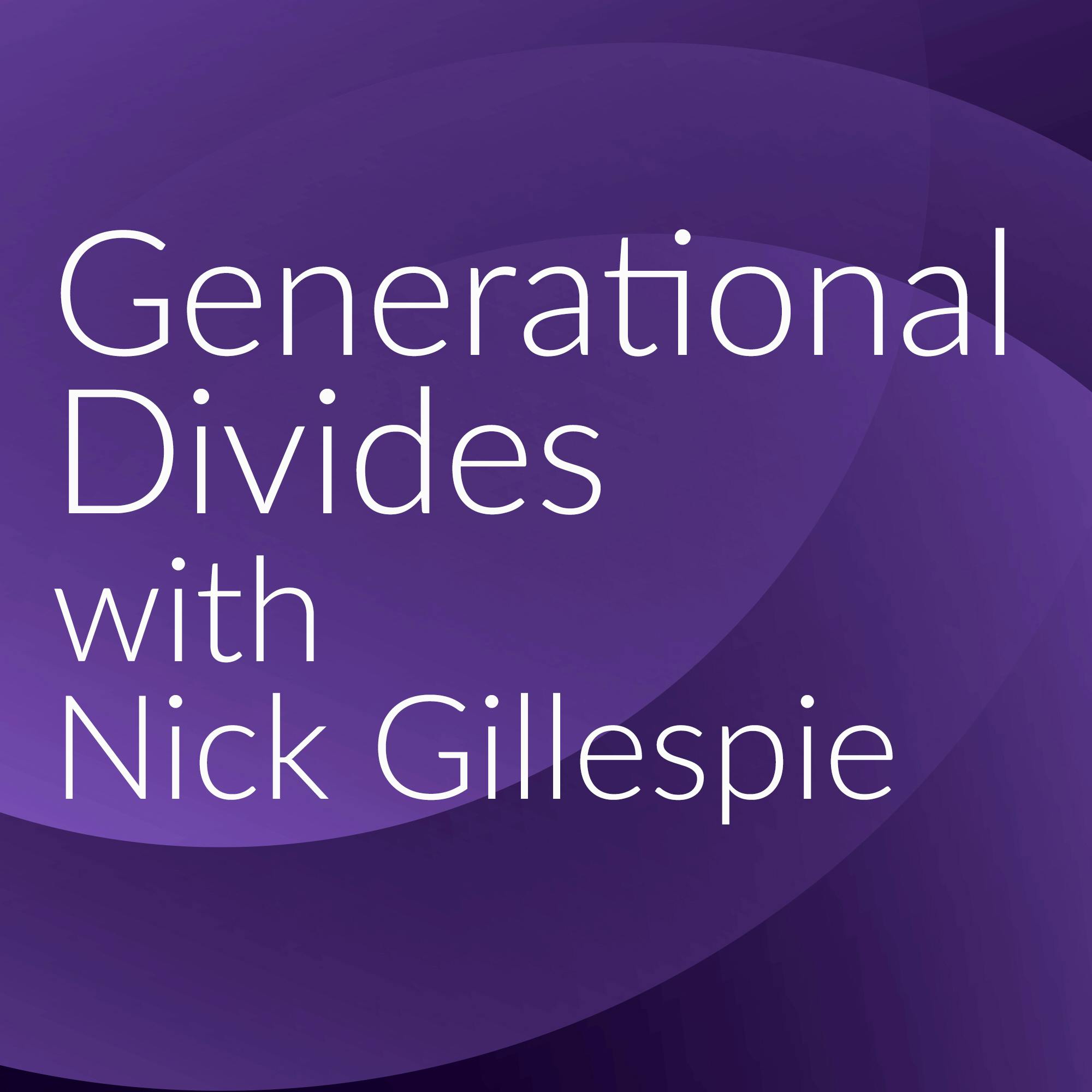
Open to Debate
Author: Open to Debate
Subscribed: 25,243Played: 368,384Description
America is more divided than ever—but it doesn’t have to be. Open to Debate offers an antidote to the chaos. We bring multiple perspectives together for real, nonpartisan debates. Debates that are structured, respectful, clever, provocative, and driven by the facts. Open to Debate is on a mission to restore balance to the public square through expert moderation, good-faith arguments, and reasoned analysis. We examine the issues of the day with the world’s most influential thinkers spanning science, technology, politics, culture, and global affairs. It’s time to build a stronger, more united democracy with the civil exchange of ideas. Be open-minded. Be curious. Be ready to listen. Join us in being Open to Debate. (Formerly Intelligence Squared U.S.)



























America as an ally to our long term traditional allies is about as reliable as having Israel or Russia as allies and under Trump and the GOP even more perfidious.
The question is less about capitalism and more about how much you're willing to trust the government to look after you. Governments are very good at collecting taxes but their record on looking after the taxpayers is not that great.
I could've destroyed BOTH of them in this "debate." He came out of the gate fairly strong, started losing steam about 1/3 of the way through as she started to get under his skin, and finished sounding like the VERY religious nutter butter type that was half her stuck-in-the-1950s argument about marriage only being pushed as a extension of Patriarchal religious oppression. The other half of her argument was a MASSIVE amount of copium at married people losing interest in their single friends.
Religion is hands down the biggest ongoing scam ever perpetrated on humanity. Just about every major problem in the world is caused by one religious group against another. Religion began when the first scoundrel met the first fool. Voltaire.
Looking for the top online casinos and pokies in Australia? Sydney Pokies is your ultimate destination for everything related to gambling, from in-depth casino reviews to expert guides on the best slot games. Whether you're interested in massive jackpots, free spins, or secure payment options, this site https://sydney-pokies.com/ has all the information you need to make smart choices. Avoid unreliable casinos and play only on trusted platforms with high payouts and exciting promotions. Visit Sydney Pokies today and explore the best gambling opportunities Australia has to offer!
Right-wing clown Doran hit on every right wing baseless talking points. Biden has done nothing for Israel and is possibly collaborating with Iran. Schools need to radically change their allegedly woke curriculum because it's anti Israel. The one fact that wasn't addressed is that Israel is a distinct liability for America and not an ally. America continues to lose its credibility backing Israeli genocide in Gaza and the ongoing takeover and extirpation of the remaining Palestinians.
While the October 7th attack was horrific the fact remains that this didn't happen in a vacuum, you have to factor in over fifty years of Israeli depersonalization, humiliation, and control of every facet of Palestinian lives, to pretend otherwise is delusional. Israel is engaging in genocide, ecocide, and the erasure of Gaza and The West Bank before the eyes of the word. As capable as the Mossad is I find it hard to believe that they didn't know what was going in a Gaza they exert total control
each side saying stats show their way is better but no real discussion due to political correctioness i felt the passion was misding it was more of a casual political correct discussion with smiles n giggles. a bit cringe
I see you have taken my comment down - more confirmation that your position against polarisation is totally fake - you should be ashamed of such dishonesty.
I listened to this debate which was nothing but an undisguised hit job on Donald Trump. This program has lost all credibility in working against polarisation by being utterly, and viciously partisan. I am ashamed by such cynical hypocrisy and have deleted the program from my favourites. It was appalling advocacy for unthinking political partisanship.
lies
really great!
you think?
💚WATCH>>ᗪOᗯᑎᒪOᗩᗪ>>LINK>👉https://co.fastmovies.org
this was a fantastic debate. I came in certain that it was social media causing these mental health problems but I was persuaded that we just don't know yet. correlation is not causation. if the data really doesn't clearly show that there is causation we can't definitely say that it does. we definitely still need to regulate big tech and make it less addictive for a multitude of other reason tho
Is there a cat meowing in the background when the debate opens?
I really don't like when they "debate" yet both people are SUPER anti-Trump.
my question is, when did cancel culture not exist? book burnings, witch hunts, Jim crow, black codes , housing discrimination, end of segregation.....all these things fall under the category of "cancel culture" ....the only difference now is , power is starting to balance. people have always tried to cancel beliefs, cancel over human beings, cancel change ....what is toxic is the reaction for change
that one guy is only talking to people who already voted with him. he's not really compelling.
at this point keep "printing"(credit big banks out of thin air) money & spending so my crypto assets keep going up. Fiat currency sprinting towards ot's death, good riddance.